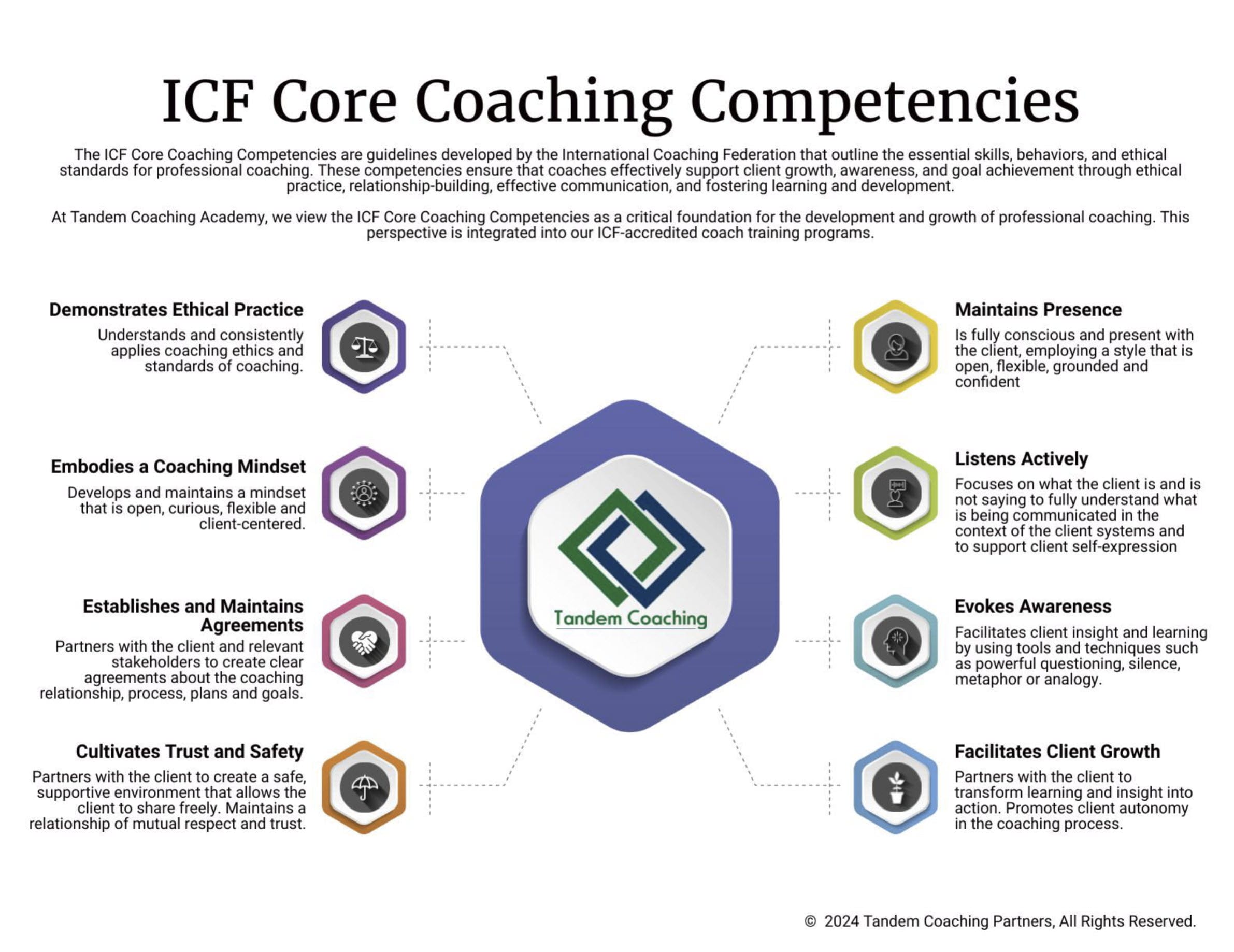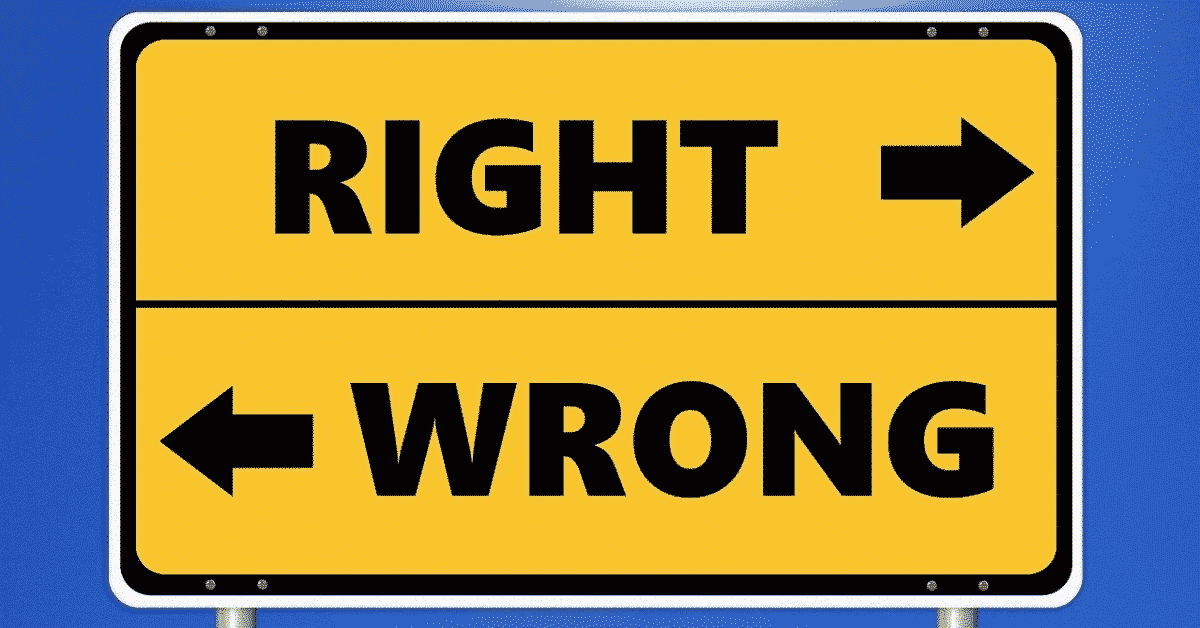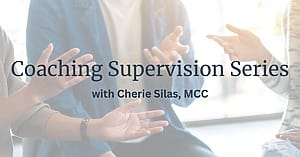So I heard this thing over the last couple of weeks from a few people, namely, some of our students are telling me is that, “Well, we heard that in coaching, we ask random questions, and that has a chance of bringing new awareness to clients.” And while I cannot argue with the latter, I would argue that pretty much every questions that we might ask a client, unless it’s a completely transactional question, they might bring new awareness, they might bring new learning to the client. However, in masterful coaching with don’t leave awareness creation, or helping the client to give their new awareness to a chance, to randomness. This chance – asking random questions, the chance of them bringing your awareness is much smaller than if we are truly in the coaching session, and truly using our professional coaching skills to help the client get their new awareness.

Enjoyed our insights on professional coaching? We’re just scratching the surface. Dive deeper into the world of transformative coaching with our exclusive offer. Sign up now to receive our FREE brochure: “Our Twelve Favorite Coaching Questions”—a curated collection of powerful questions designed to unlock potential, foster growth, and inspire action.
"*" indicates required fields
Coaching session is a partnership. It’s not about client’s answering coach’s questions and coach’s asking this random or a series of questions, (and questions, by the way, is not the only thing that is happening in the coaching session, but that’s for a different video.) In masterful coaching session it’s the coach who is following the client’s lead. We tell our students that if you are carefully listening to the client, if you are following their lead, they will always, always tell you what question you need to be asking next.
And this brings us to the point that listening in coaching is not only listening to what is said, but what client is communicating. And communication is much more than the words they produce. Communication is about words, it’s about how those words are said. So about voice, pace, intonation, inflection and all that stuff. It’s about body language; it’s about client’s behavior; it’s about their emotions; it’s about the whole human being beyond this communication. And that’s where the great questions are coming from. The coach’s listening at level two or level three, so focused or global listening, and the client gives us the next question, or the next observations that we either ask or give to the client and ask them a next question.
And this doesn’t leave any space for random questions. Because if you’re listening at level two and level three, and you think you need to resort to a random question, you haven’t been listening to your client.
I also came across something that ORSC is calling blank access questions. And these are in different sources called open access questions. And I think there’s a little bit of misunderstanding or maybe a mix of random questions and open access questions. So when we are thinking about open access questions, first of all, they do not use clients language, they are non-directional. They leave client a lot of space to decide on the scope and the direction for their answer. So, for example, an open access question might sound like, what’s coming up for you? Or what are you realizing? What’s happening? What’s that like? What would you like to have happen? So all these questions are still a direct response to client’s communication. They are not random by any stretch of imagination. However, they provide a huge field of possibilities where the client can go with their answer.
These questions also allow us to zoom out from the current situation, from the current problem; take a 10,000 feet view; especially useful if the client is mared in the details and cannot see the forest behind the trees.
And just to wrap this up, you can go ahead and ask clients random questions and they do have a chance to create new awareness for the client. However, the chance is very tiny. And by the way, asking random questions, you will probably be leading the client towards something they didn’t want to go to start with. So in coaching we don’t leave awareness creation to chance. We work together with a client in a close partnership following their lead and helping them to create the new awareness they are coming to us as coaches.

Unlock Your Coaching Potential with Tandem!
Dive into the essence of effective coaching with our exclusive brochure, meticulously crafted to help you master the ICF Core Coaching Competencies.
"*" indicates required fields
About the Author
Cherie Silas, MCC
She has over 20 years of experience as a corporate leader and uses that background to partner with business executives and their leadership teams to identify and solve their most challenging people, process, and business problems in measurable ways.















